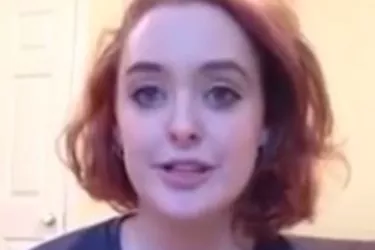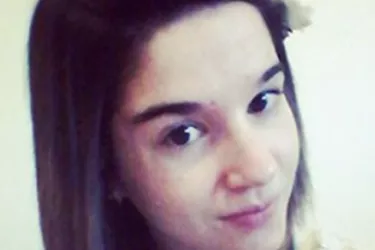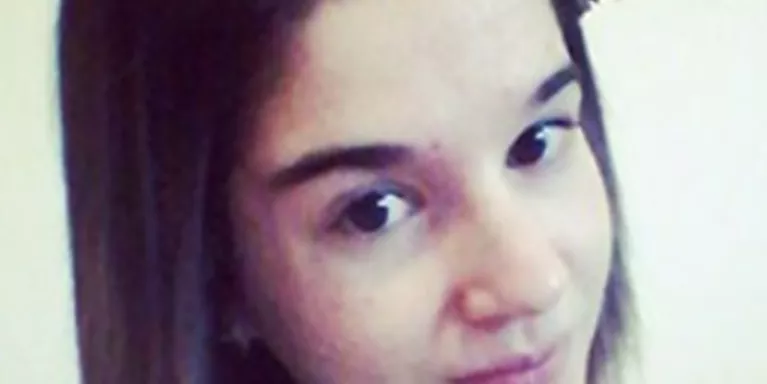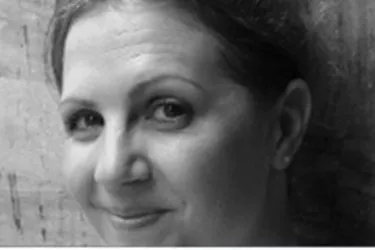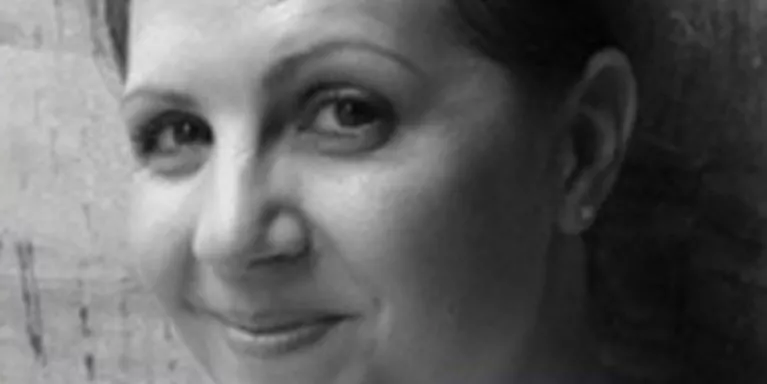OCD: My monster and me
Safa blogs about the many different ways OCD affected her life, and how she learned to recognise and fight the compulsions.
I have had obsessive compulsive disorder (OCD) for as long as I can remember. From the ages of 5 onwards I began to engage in compulsions, starting with repeating phrases and counting my breaths before bedtime religiously. Then I developed obsessions and compulsions around contamination, after spending a few years abroad during my early adolescence. This began mildly with washing dishes and hands multiple times, but as the years passed my OCD spiralled out of control.
Developing new compulsions
Suddenly everything around me was dirty – light switches, door handles, pretty much anything outside of my bedroom door had an invisible layer of grime over it. I started to develop compulsions like using tissues or shoes to open doors, walking up stairs on the far left or far right… never in the middle, not sitting on sofas, and scraping off the outside layer on blocks of cheese because it was “dirty”.
Meanwhile, I tried to keep my OCD hidden from the world. Of course, the people around me noticed and accommodated my ludicrous needs like opening doors and not touching my belongings. I had also been to the GP who confirmed my OCD and referred me for further testing. But being a Muslim woman and a woman of colour it felt that my disorder was the last thing about me that people cared about.
“OCD is commonly used to describe cleanliness rather than the reality: a debilitating illness that will destroy your quality of life.”
Think about it, OCD is one of the most misunderstood mental illnesses you can have, let alone having OCD along with a stack of minority labels. Unfortunately, the word OCD is commonly used as an adjective to describe cleanliness and organisation rather than the reality: a debilitating illness that can destroy the quality of your life. Even if people did accept my OCD or take it seriously, they only accepted what was politically correct to them, and not the reality of my strange compulsions that didn’t fit their “acceptable” model of mentally ill.
Hiding it
So I hid it. I accepted the “sit down and shut up” attitude the world around me suffocated me with. I felt like half the time I was making it all up. I was already in and out of therapy for other problems like depression, being from a minority background and watching the endless suffering around me. I felt like my OCD should have been the least of my worries and thus I declined to get professional help for it. Nowhere in my religion nor my culture does it state that mental illnesses should be dismissed. But there is most definitely a culture of “keep it to yourself and deal with it” that feels almost inherent. And this was the worst mistake I could – and did make.
As I reached my 18th birthday, I began to notice obscure symptoms that I hadn’t ever experienced. Trypophobia (fear of small holes/circles) became a debilitating aspect of my life to the point where I felt violently ill (and still do) even at the thought of it. My mind started to get stuck on images that would trigger me… I began to hyperventilate and catch fevers, stuck in an endless loop of this alien reality over the thought of minute images with certain patterns.
“Suddenly everything made sense. I realised that my OCD was at the heart of my problems.”
I felt like I was going crazy. I researched whether there was a link between trypophobia and OCD. There was! I felt this rush of relief, and I started to delve further into symptoms I had gathered over the years such as body dysmorphia and impulsive behaviour. I found hundreds of articles validating these experiences and linking them to OCD.
Suddenly everything made sense. It felt like someone had lifted me out of an ocean of misery and guilt to dry land. I realised that my OCD was at the heart of most of my problems. And so I began my fight to disengage in any compulsions, no matter the consequence. As the Mexican revolutionary Emiliano Zapata said: “It is better to die on your feet than to live on you knees”
So, what actually worked for me?
1) Acceptance. I think it’s important to face the reality that you are ill. And that there is a high likelihood that this isn't going to go away and you are going to need help. Regardless of how the public will react, it can really help to recognise your symptoms and attempt to obtain a professional diagnosis to begin your recovery journey. You cannot fight something if you do not understand what you are fighting against
2) Befriend your monster. Learning to separate myself from OCD had been pivotal in changing my thought processes about my compulsions. It’s almost like a mini Cognitive Behavioural Therapy (CBT) technique. Being able to look at it from an outsider perspective and observing my OCD as a small descendant of myself has allowed me to understand that my behaviour isn’t normal and that it can be changed. It is just a small part of me that is affected and I have full control over the rest of my mind.
3) Get professional help ASAP. Prevention is better than cure. If there is one thing I regret in my recovery journey, it’s letting others' expectations of me hold me back from getting professional help early on. The longer you leave your OCD to hold the reigns, the further it will take you away from reality. Get help as soon as possible. This is a matter of survival and creating the life that you deserve. There is no guilt or shame in that.
Related Topics

Information and support
When you’re living with a mental health problem, or supporting someone who is, having access to the right information - about a condition, treatment options, or practical issues - is vital. Visit our information pages to find out more.
Share your story with others
Blogs and stories can show that people with mental health problems are cared about, understood and listened to. We can use it to challenge the status quo and change attitudes.












